Green tea, one of the most popular beverages in Japan, has become a worldwide phenomenon in the past decades. Praised for its numerous health benefits and soothing flavour, green tea can be enjoyed in all seasons by people of all ages.
Green tea, or ryoku-cha (緑茶, the overall term for green tea), is made from the leaves of the Camellia sinensis plant. This is the same plant used to make other teas like black tea and oolong tea — the only difference is in the processing. Whereas black tea is dried and oxidised, green tea is simply steamed and dried, retaining more antioxidants.
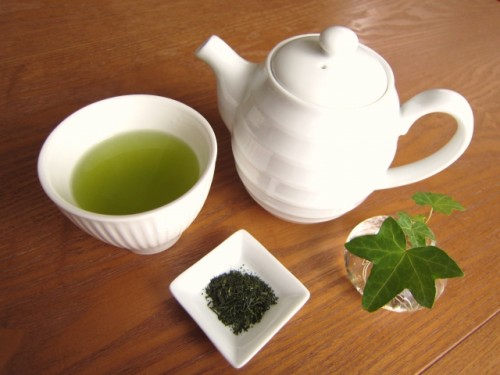

What are the Varieties of Japanese Green Tea?
In Japan, the most common tea is sencha but also includes genmaicha (玄米茶, “brown rice tea”), which includes brown rice and is usually drunk with sushi, hojicha (焙じ茶, ほうじ茶), which is roasted and caffeine-free and matcha (抹茶), the powdered tea used in the traditional Japanese tea ceremony.
All these teas can be found in Japan year-round in convenience stores, vending machines, and restaurants, served hot or cold, depending on the season or your preference.
Green tea was brought to Japan from China in the 1190s by a Buddhist monk. Since then, it has become a staple in the Japanese diet, with little ones carrying hojicha in their drink bottles, up to the older generation, many of whom swear by a cup or two daily.
The 5 Health Benefits of Drinking Green Tea
So what is so great about green tea? Let’s look at some of the benefits.
1. It’s packed full of antioxidants
The tea plant naturally contains these free-radical fighting compounds, and green tea has many due to its gentle processing. Free radicals, chemical by-products from food, cause damage in the body through oxidation. Antioxidants, particularly flavonoids, help combat these harmful effects. But beware, adding milk to green tea lowers the antioxidising power!
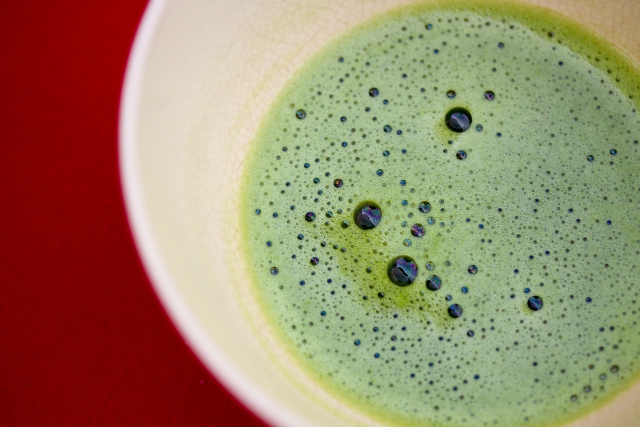
2. It’s a caffeine replacement for coffee
Yes, green tea does contain caffeine! However, the lower caffeine levels and the calming effect of other ingredients give a steady release of energy. So you get the boost without the crash. Caffeine is also linked to increased brain power, including improved mood, reaction time and memory.
3. Green Tea lowers the risk of cardiovascular disease
Regularly sipping on green tea can help lower the risk of cardiovascular disease. Lowering bad cholesterol, reducing high blood pressure and protecting against clots are all positive effects of green tea. No wonder Japanese life expectancy is so high!
4. Anti-Bacterial & Anti-Viral
Green tea is packed with catechins, a kind of antioxidant which is antibacterial and antiviral. Of course, when we drink green tea, it comes into contact with our teeth and gums, fighting off harmful bacteria and viruses. It can even be used as a mouthwash to fight tooth decay and improve bad breath!
5. Heightens a Moment of Zen
In Japan, green tea is not just a drink but an art form. Besides the traditional tea ceremony, an everyday green leaf tea can also be used for relaxation. It contains high amounts of an amino acid called l-theanine. This works on the brain, producing chemicals which alleviate anxiety, increase focus and attention, plus boost your mood. These combined make you more resilient to stress, so nothing can stand in your way.
Lastly, those new to green tea might find it a little bitter. Some people add lemon, honey or even milk to soften the flavour. This is unheard of in Japan! Well, as long as you’re drinking green tea, you can still reap all the benefits of this delicious beverage.
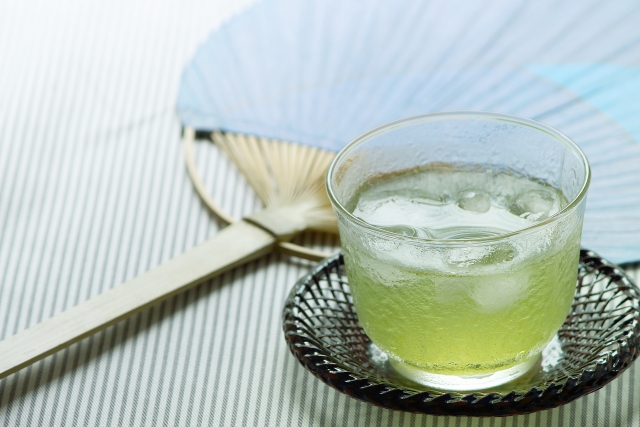
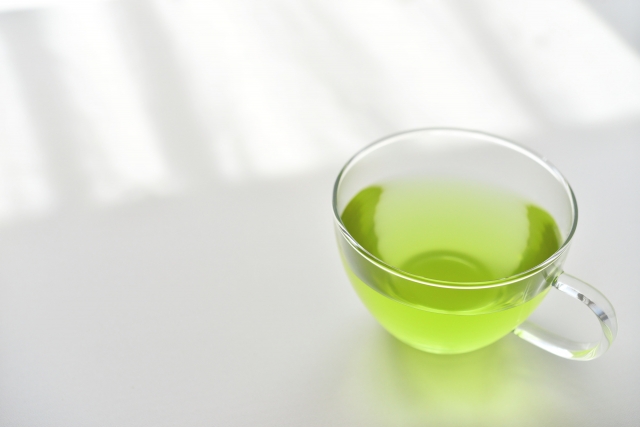
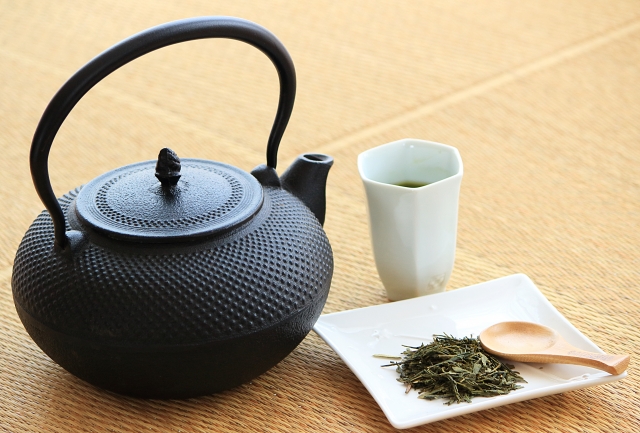
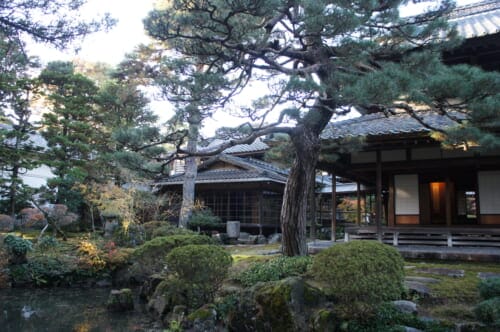







No Comments yet!